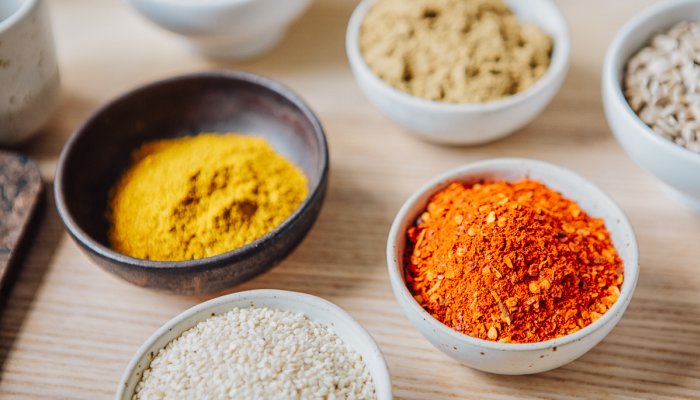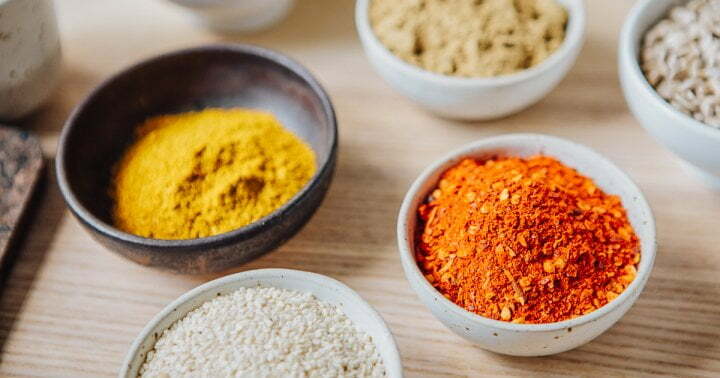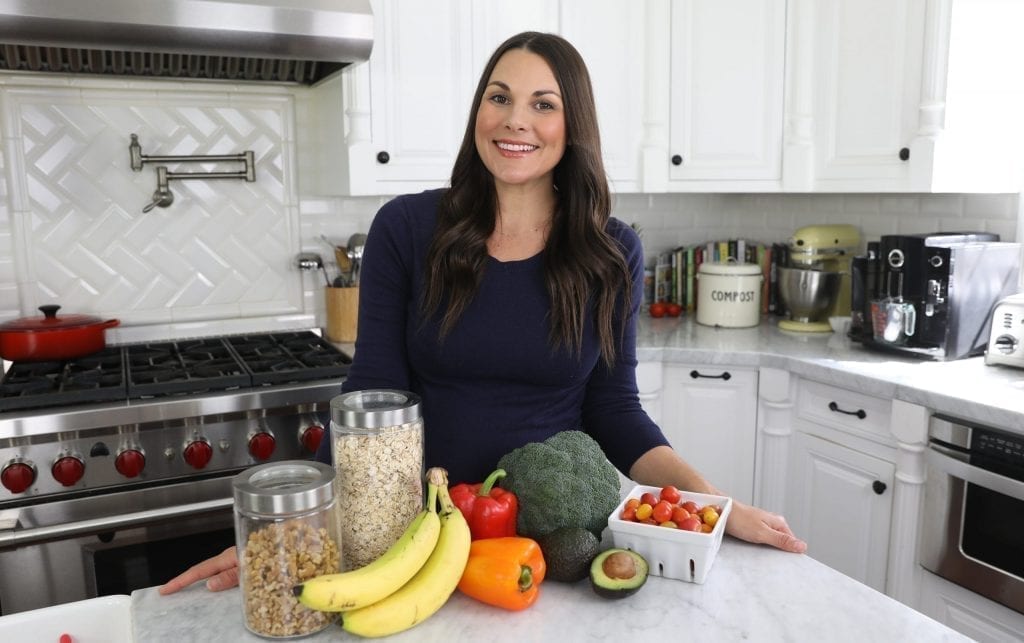Why Curry Consumption Might Be Linked To Better Metabolic Health In Women Over 50

Initial results of the study suggest that postmenopausal women have a higher risk of MetS than premenopausal women. The study used data from 7,131 pre- and postmenopausal Korean women (all over 20 years of age) collected between 2009 and 2017. “The prevalence of MetS among Korean women is approximately 13.8% [premenopause],” they report, “and 54.6% postmenopause.”
Based on their findings, the researchers were able to note a couple factors that may reduce risk. First off, women who ate more curry, especially those who ate it often, had a lower risk of postmenopausal MetS. According to the paper, “Curried rice is a popular food in Korea and contains a high concentration of curcumin […]the main active ingredient in Curcuma longa dried rhizomes (turmeric), is helpful for preventing and/or treating MetS because of its antioxidant and anti-inflammatory properties.”
Another factor that linked to risk-reduction was a specific, sometimes overlooked, nutrient: vitamin B2, also sometimes known as riboflavin. Specifically, researchers found “an increase in daily vitamin B2 intake by 1 mg reduced the risk of MetS by 45%.” Like curcumin, it too has previously been linked to antioxidant action that may help protect against oxidative stress, which likely contributes to risk of MetS-related conditions.
This article was originally published by mindbodygreen.com. Read the original article here.




